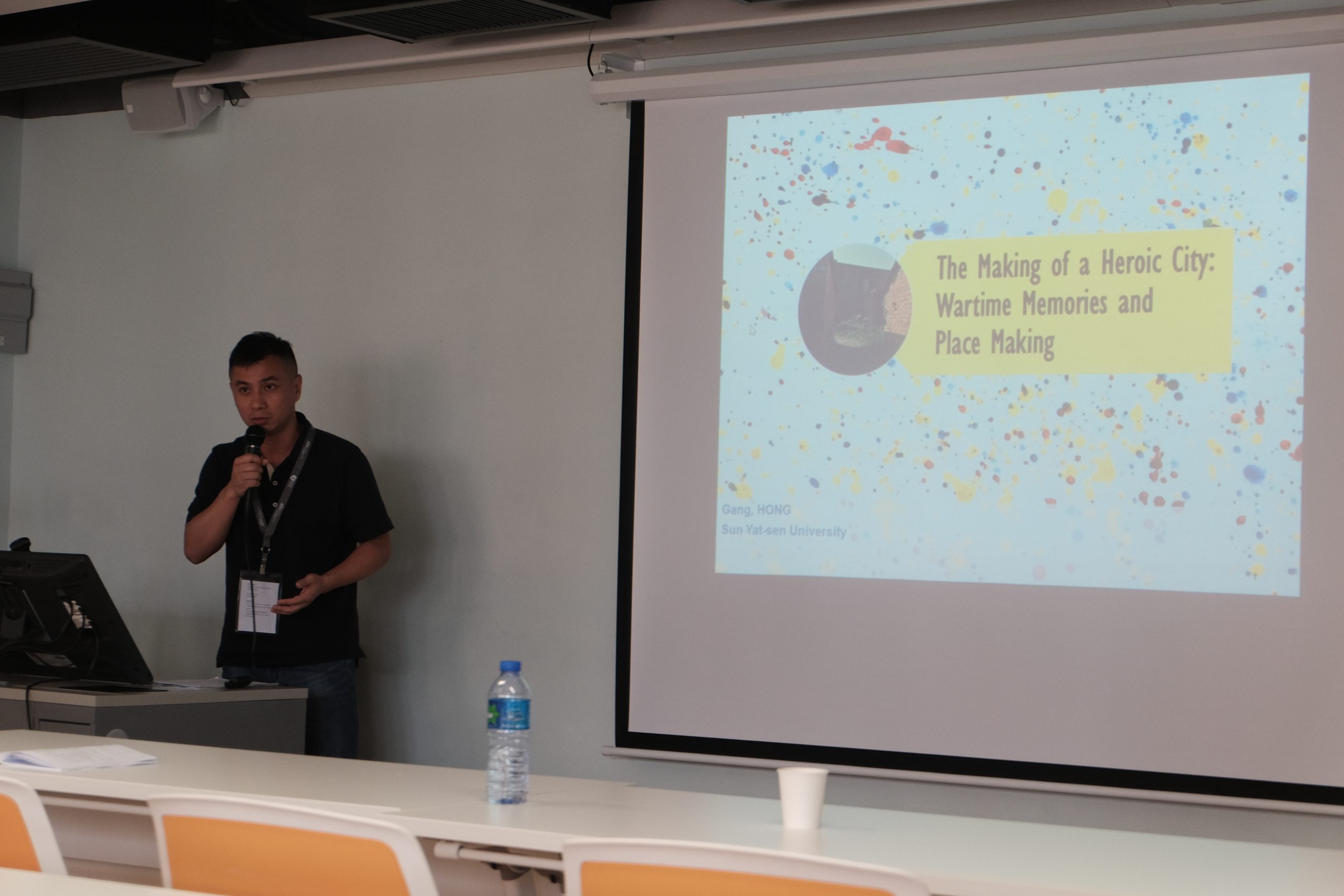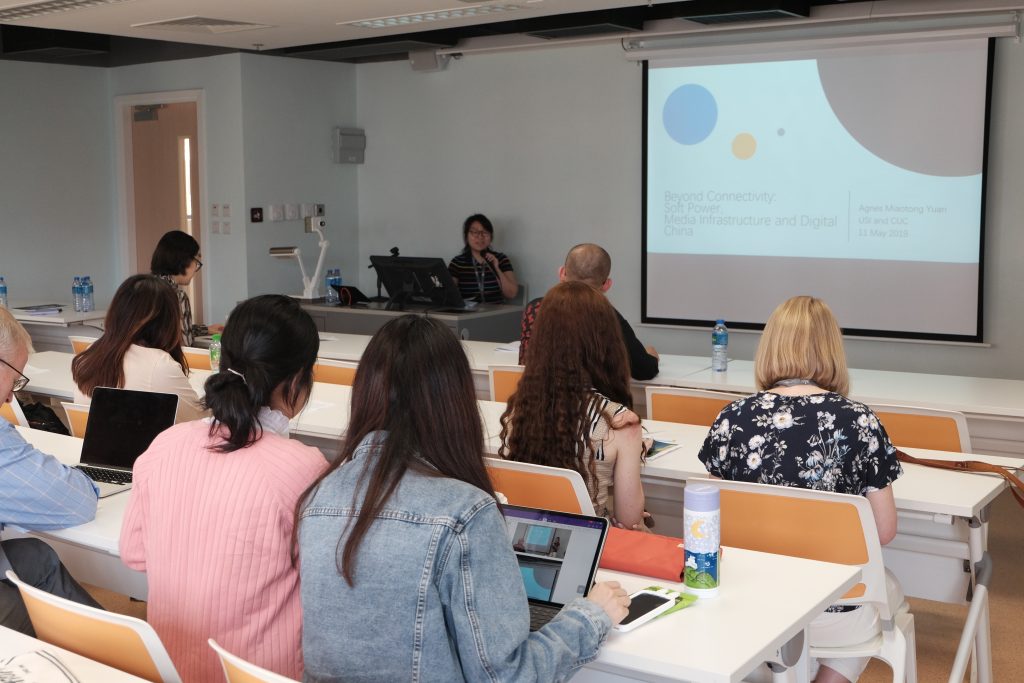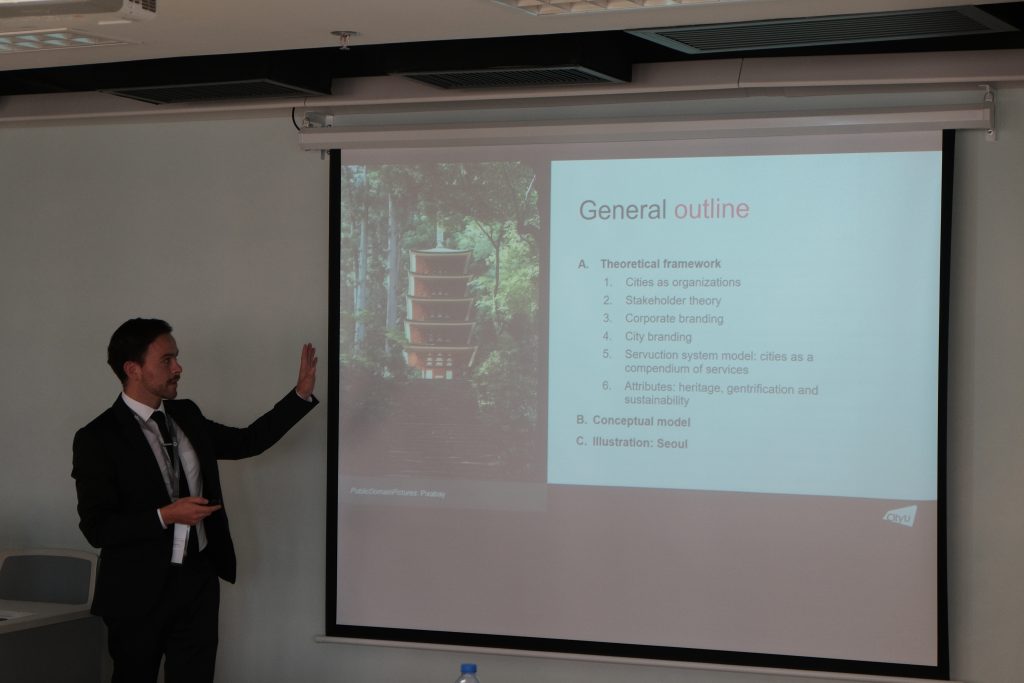Date: 11 May, 2019
Organizer: Contemporary China Research Center, Hong Kong Shue Yan University
Description:
Asia is a region of diverse cultures and peoples. Through processes of colonization and imperialism, many Asian places have redefined their national boundaries and cultural make-up. The reshuffles of power regimes and the transformation of social and economic structures since the second half of the last century have brought about new cultural faces in Asia and uneven development. While colonialism is a common experience amongst Asian countries, decolonization brings extremely different social, economic and political processes and meanings to the Asians. Since the late 20th century, culture has intrinsically intertwined with economic development as many countries used culture as development strategies. At the same time, culture, traditions, heritage are often part of the ingredients for the cooking of place identity, and the upholding of national pride. The maintenance, management, and creation of cultural resources requires creative and responsive policies.
Cultural governance has been a catchphrase since the 2000s. It entails myriad strategies for the re-making of cultures as well as national and sub-regional identity, which often faces challenges from within and beyond national boundaries. Policies related to creating cultural patchwork and the infrastructure for cultural management can be both cohesive and divisive forces. Post-Cold War Asia has witnessed the reopening of borders and the escalation of cross-border connections and exchanges. Instead of using the encompassing concept of globalization, we situate the cultural development in Asia in the contexts of the transformation of the regional political economy and cross-border relations. With the rise of China as a regional and global power, such changes have been particularly salient in terms of China’s growing soft power, often backed by economic power and forceful diplomacy.
This conference aims to examine the different aspects of cultural changes and cultural governance since the late 20th century. It will begin with such simple questions as what are those cultures that are fading and arising and who are responsible for the changes. It will continue with discussions of more complex connectivity and divides. It seeks to interrogate the colonial legacies, momentum and powers that have been shaping Asia’s cultural tapestry. We believe cities, nations and people alike aspire to build their unique identity and dene their own civility (the spirit and ethos of a place in relation to others). But such processes inevitably encounter challenges both from within and without.

















































